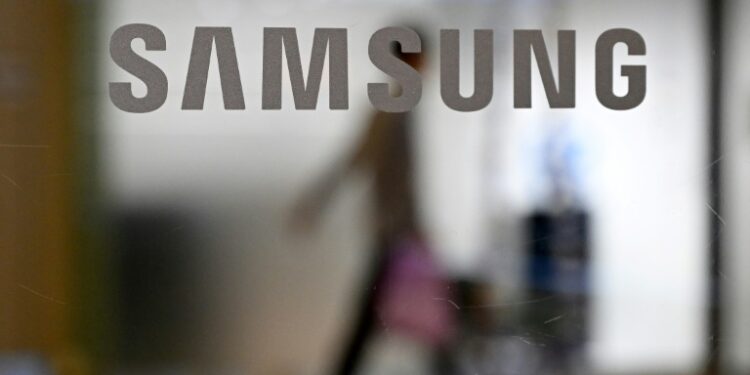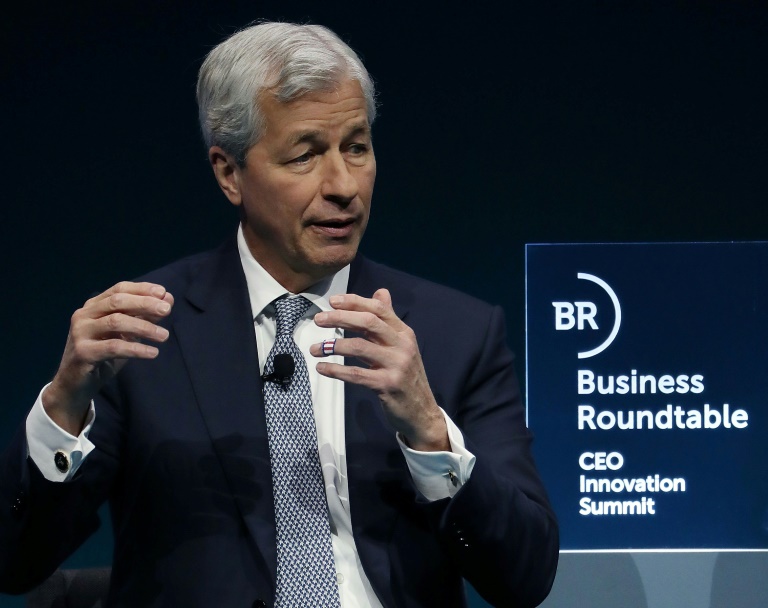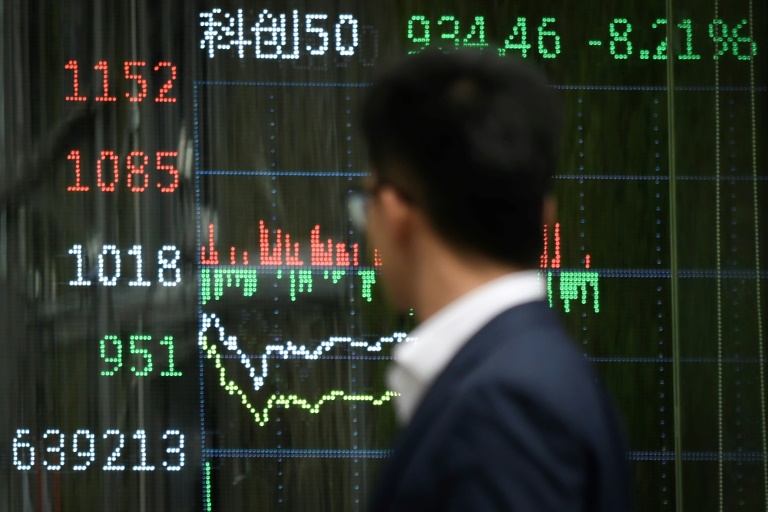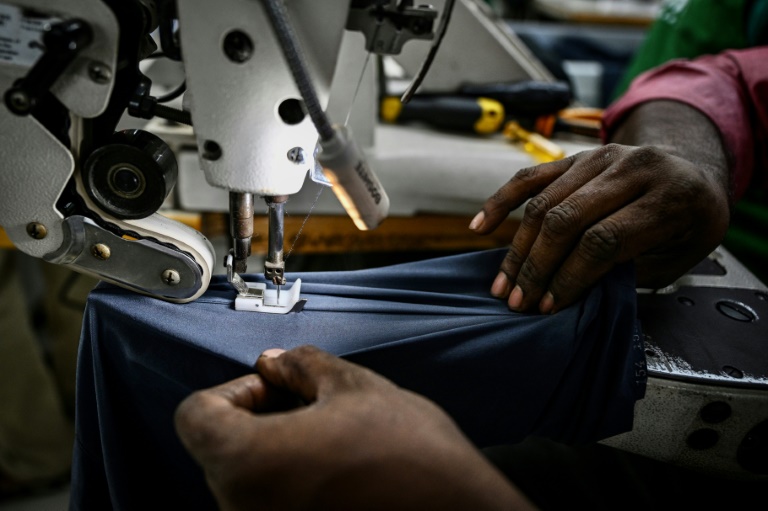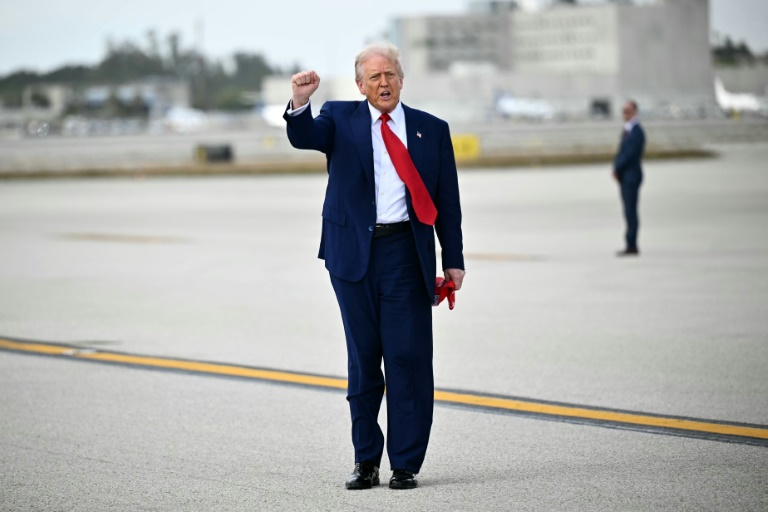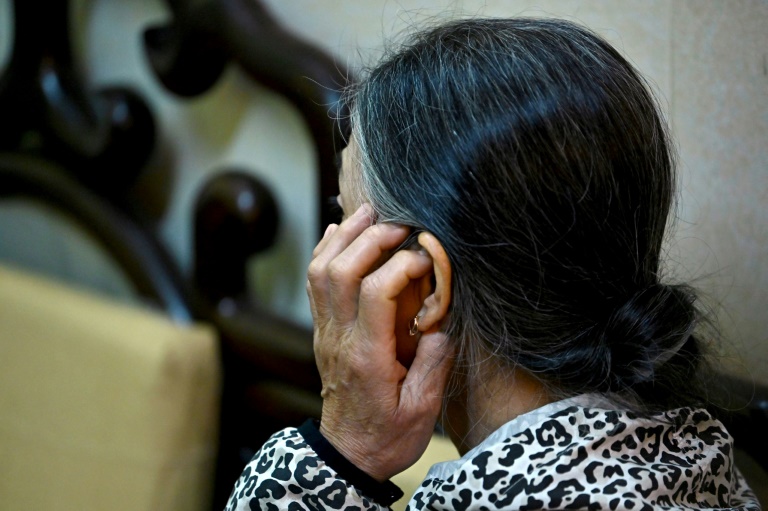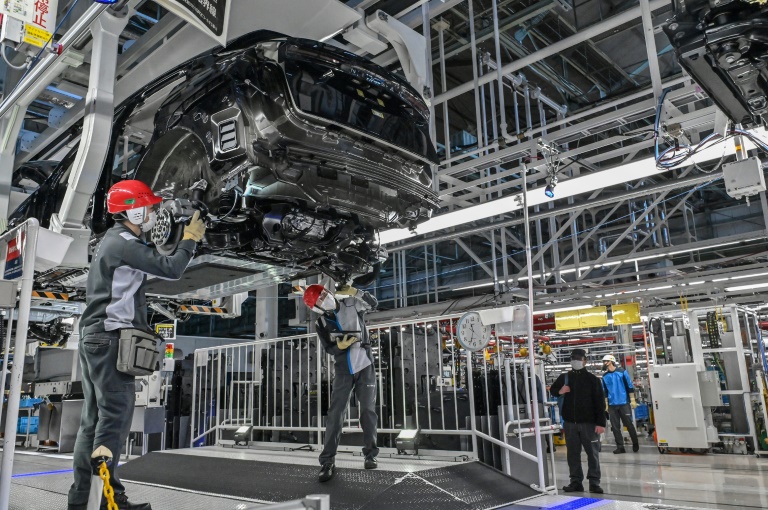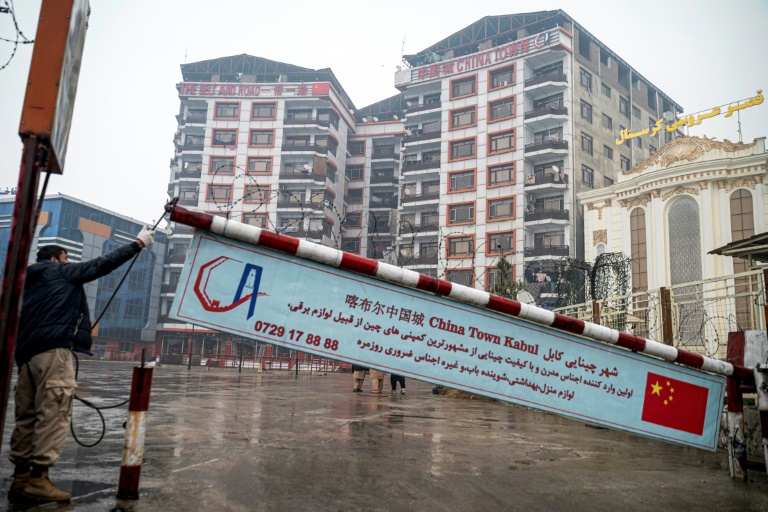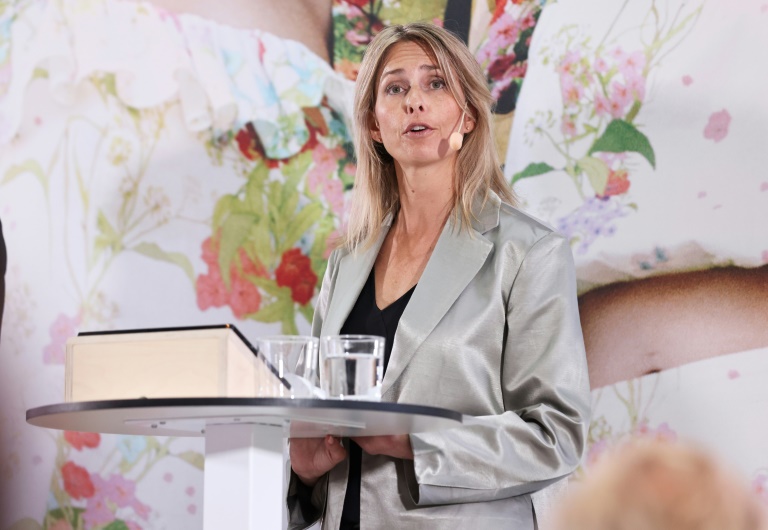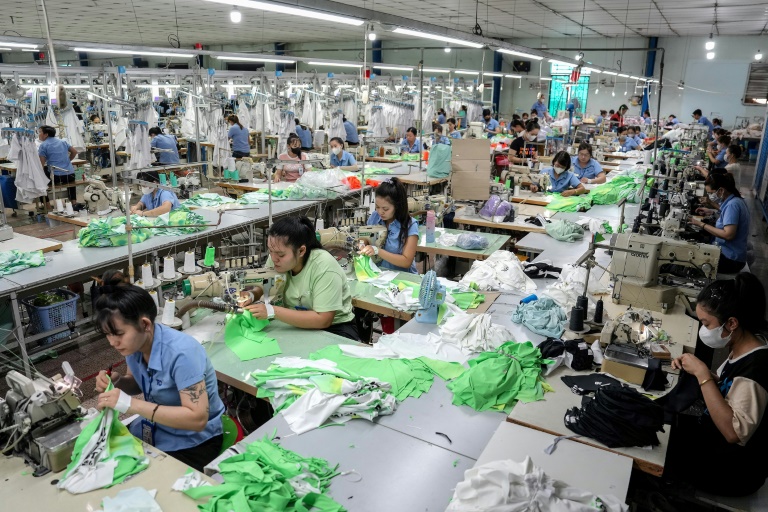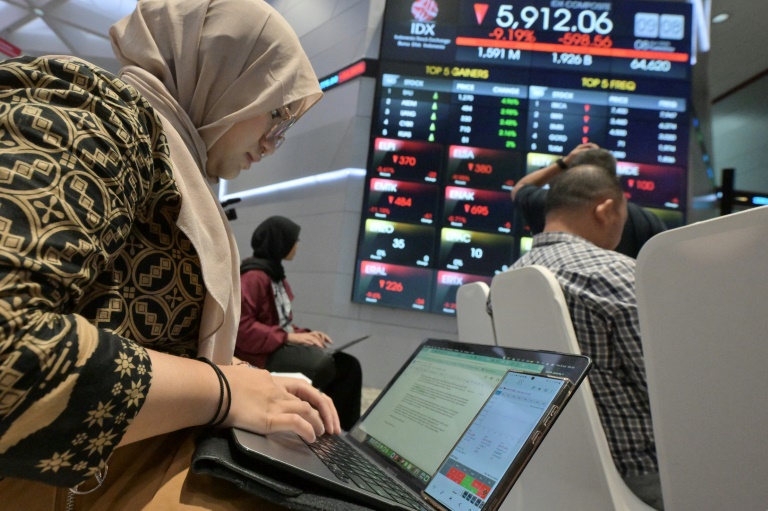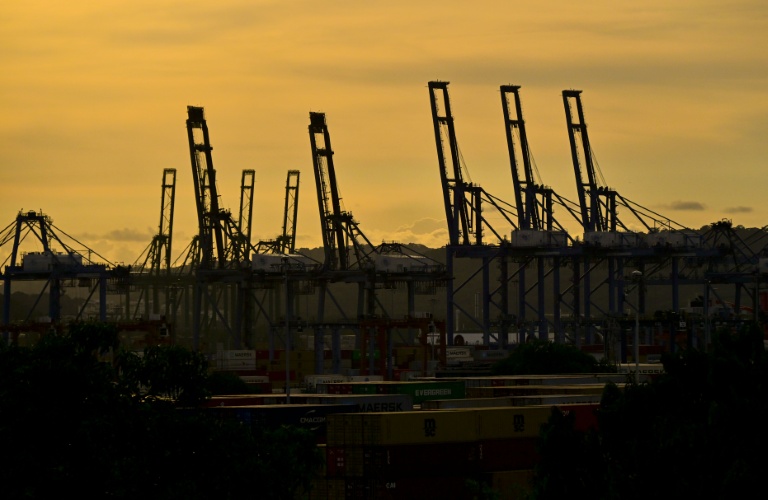Seoul (AFP) – Samsung Electronics on Wednesday reported a 34.57 percent drop in operating profits for the fourth quarter of 2023, as the company struggles with weak demand for consumer devices.
The company is the flagship subsidiary of South Korean giant Samsung Group, by far the largest of the family-controlled conglomerates that dominate business in Asia’s fourth-largest economy.
Operating profit from the October to December period was 2.82 trillion won ($2.1 billion), down from 4.31 trillion won a year earlier, Samsung said in a statement.
Sales for the last three months of 2023 dipped 3.8 percent to 67.78 trillion won, while a net profit of 6.34 trillion won was down 73.4 percent from a year earlier.
The firm — one of the world’s largest makers of memory chips and smartphones — blamed weak demand, but offered an optimistic outlook for 2024.
“As demand for smartphones and PCs gradually recovers in 2024, advanced processes are expected to drive an approach to 2022 levels in the foundry market,” it said.
Samsung said there were “various potential obstacles, including interest rate policies and geopolitical issues” that could hit 2024 growth, but said it was optimistic nonetheless.
Samsung is one of the world’s two biggest memory chipmakers and among the few companies worldwide that manufacture premium high-bandwidth memory (HBM) chips tailored for artificial intelligence processors.
The company earlier this month released its latest Galaxy smartphones with new AI features as it tries to win back its spot as the world’s biggest phone seller from Apple.
Samsung’s figures come after South Korea’s SK Hynix — the world’s second-largest memory chip maker — announced this month that it had returned to profit after four consecutive quarters of losses.
ChatGPT creator OpenAI’s CEO, Sam Altman reportedly met with the leaders of Samsung and SK Hynix in South Korea last week, according to Seoul’s Yonhap news agency.
South Korea last year said it would build the “world’s largest” chip centre using $230 billion of private investment mostly from Samsung Electronics.
“The significant demand for AI and especially Generative AI is driving significant demand for advanced semiconductor systems, from computing to memory,” Neil Shah, vice president of Counterpoint Research, told AFP.
The firm’s earnings results reflect a “more gradual recovery than initially anticipated,” but several positive trends, such as escalating DRAM prices and a resurgence in the smartphone market, contribute to an optimistic outlook, Shah said.
“Samsung is strategically positioned to thrive amidst the evolving market conditions.”
The company’s shares were down 1.08 percent in morning trade in Seoul.
– Cash buffer –
The company also reported full-year profits for 2023 on Wednesday, with operating profit for the year 6.57 trillion won, down 84.85 percent from the previous year.
South Korean chipmakers, led by Samsung, enjoyed record profits in recent years as prices for their products soared, but the global economic slowdown has dealt a blow to memory chip sales.
But the global semiconductor market is predicted to recover in 2024 and grow 11.8 percent, industry monitor World Semiconductor Trade Statistics estimates.
“As memory chips are just coming out of its deep downcycle, Samsung’s overall operating performance will improve this year” as “demand and supply reach a greater balance,” Gloria Tsuen, vp-senior credit officer at Moody’s Investors Service, told AFP.
“Samsung has a large net cash position, which provides a strong financial buffer.”

